HRLS
January 20, 2015
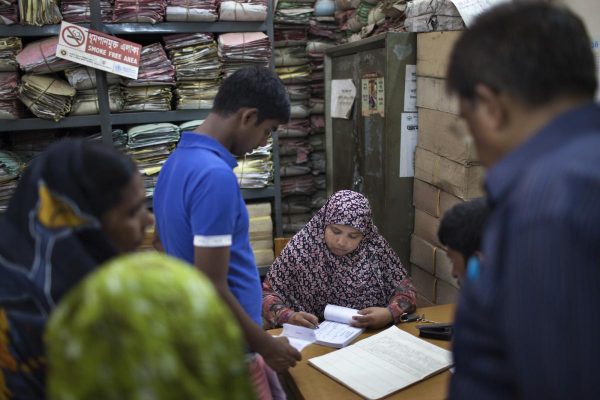
Published by Paul McCann at Jan 20 2015
Categories
This post originally appeared on the blog of the World Justice Project. The World Justice Project is an institutional partner of the Namati Justice Prize along with BRAC and the UN Development Programme. The Namati Justice Prize was created to shine a light on the ways people find to secure justice. This post also appeared on the Namati blog.
December 18, 2014
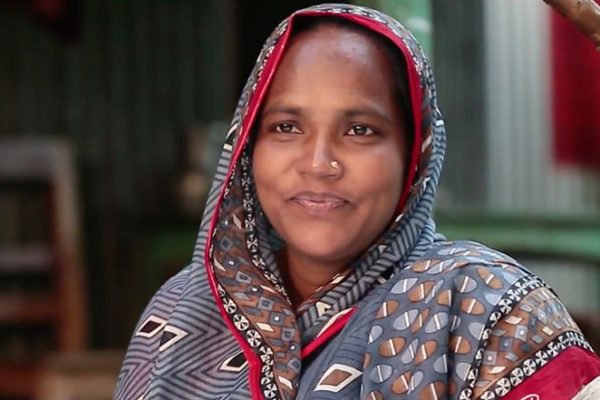
Published by Nawrin Nujhat at Dec 18 2014
As of 2014 there are more than nine million Bangladeshi migrant workers abroad. These migrants are not only supporting their family at home but they are significantly boosting Bangladesh’s national GDP. Eight percent of the total GDP of 2014 was a direct contribution of migrant remittances.
December 10, 2014
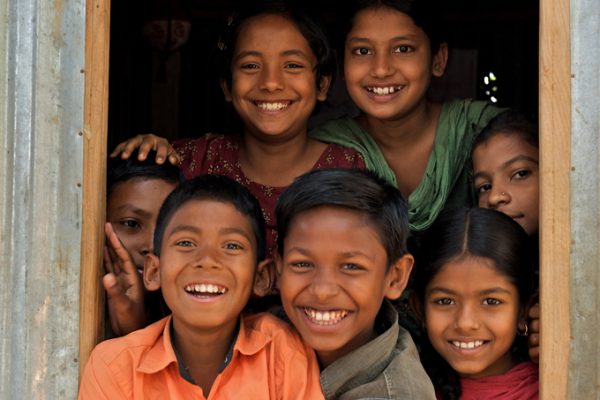
Published by Jess Bailey at Dec 10 2014
Although the amended Children Act 2013 has been in effect in Bangladesh for almost a year now, key actors in charge of juvenile justice (ie, police officers, sub-inspectors, lawyers and judges) still lack clear understanding of child rights laws. Moreover, juvenile development centres continue to operate at less than full capacity due to a lack of coordination. This means that children are still being sent to adult jails.
November 9, 2014

Published by Toby Norman at Nov 09 2014
On 24 April crowds gathered along the dusty roads of a small village outside Rangpur as shouting cut through the air. In the centre of the fray a man and a woman stood screaming at each other. Some in the crowd held clear allegiances and joined in the shouting, but most stood silent and watched. The conflict was about land. A long-standing border dispute over an unused field between the two households had erupted into angry public displays, with both sides claiming ownership yet neither holding formal deeds to prove their claim.
September 24, 2014
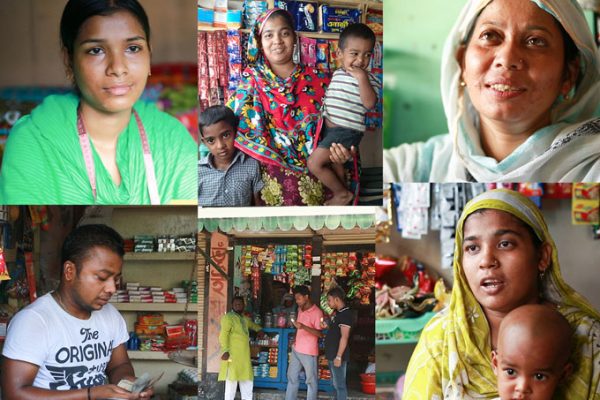
Published by Anushka Zafar at Sep 24 2014
Pervin Khatun lost her husband in the Rana Plaza disaster. “He was the sole breadwinner and I had no prior work experience,” she said. “But running this grocery store will give me a steady income and I can continue to support my family.”
July 7, 2013
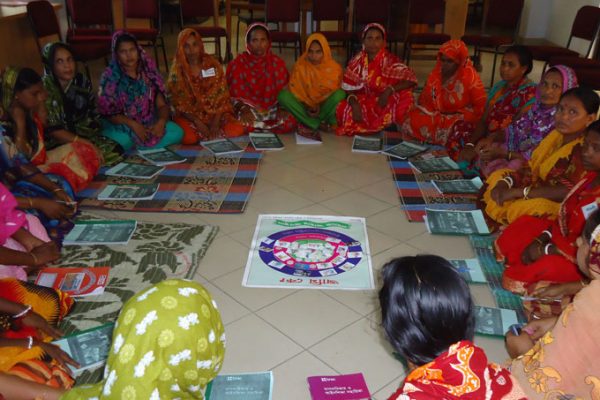
Published by Arefeen Ahmed at Jul 07 2013
Categories
An innovative approach to legal and human rights education targeting grassroots communities across Bangladesh was recently developed by BRAC’s Human Rights and Legal Aid Services (HRLS) programme. This effort is steered by BRAC’s continuous journey to improve its existing services and ensure positive impact on human development activities.
May 26, 2013
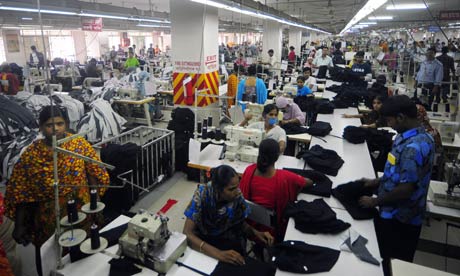
Faustina Pereira, director of BRAC human rights and legal aid services, poignantly puts the focus where it needs to be.
She says - "we are dealing with a sector that directly touches the lives and livelihoods of millions of individuals and their families, and directly contributes to lifting them out of abject poverty," and that "We should go beyond nomenclature that alienates the players who should be [held] to account."
April 3, 2013

Published by Samina Alam at Apr 03 2013
The fashion and garments industry of Bangladesh, employing the largest labour force, has become a national pride. A huge fraction of the labour force is women, which has brought about a revolutionary change in the concept of women’s empowerment and economic independence. But a few of the recent garments and fashion house fire incidents have changed this whole notion of national pride into death traps.
March 31, 2013
Day 1 of our Frugal Innovation Forum sought out best practices from diverse organizations—from Bangladesh, India, and Pakistan to Myanmar and Sri Lanka—grounded in developing human capital, organizing communities, and engaging civic action. While common rhetoric around innovation tends to stress technology advances, Asif Saleh, BRAC’s Senior Director, Strategy, Communications, and Capacity, stressed that "this innovation is not about products, but is a constant process in the organization focused on impact.”
July 5, 2012
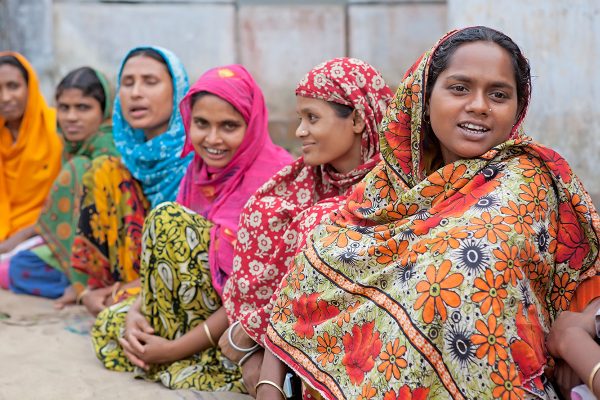
The Bangladesh Directorate of Women's Affairs has launched a 24-hour call centre open to all victims or potential victims (women, men, children) of violence. The helpline provides immediate service to victims and links up to relevant agencies: doctors, counselors, lawyers, DNA experts, police officers etc.
June 19, 2012

The eviction of thousands of slum dwellers of Korail slum in the recent past has been one of the most controversial acts of eviction in the Dhaka City. Several humanitarian and development organisations, along with BRAC, stood their ground against this coldhearted act, which, despite being legal and seemingly the ‘right thing’ from the authority’s view point, was utterly inhumane.
April 9, 2012

Published by BRAC at Apr 09 2012
Categories
On April 4, one of the largest forceful slum evictions in Dhaka’s history took place in Korail bustee, located near BRAC’s head office. Households and shops within twenty meters of the road were bulldozed, with approximately 2,000 structures affected.

